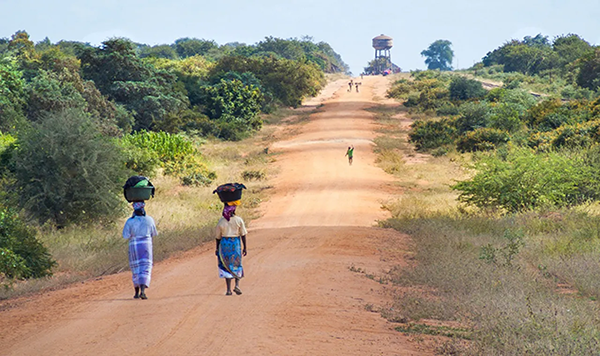
Sophia Akuffo
Files
Preview

Publication Source
International Courts and the African Woman Judge: Unveiled Narratives
Inclusive Pages
Chapter 6
Creation Date
2017
Publisher
Routlage
City
New York
Document Type
Book Chapter
Description
Chapter Abstract:
Justice Sophia was sworn in as the 13th Chief Justice of Ghana on June 19, 2017. Prior to this, Akuffo had served as the first female President of the African Court on Human and Peoples’ Rights (ACtHPR) in 2012, as Vice-President of the ACtHPR in 2008, and as a Justice of the Supreme Court of Ghana since 1995. This chapter tracks Akuffo’s career from her birth in Akropong-Akuapem, in the Eastern Region of Ghana, to her appointment as the second female Chief Justice of Ghana. In particular, a selection of cases that Akuffo delivered judgments on will be analyzed as a means of contextualizing Akuffo’s legal philosophy. Additionally, this chapter will examine some of the challenges Akuffo faced as well as the lessons learnt during her legal career. In identifying the barriers that Akuffo encountered, this chapter considers the similarities between Akuffo’s experience and the experiences of thousands of female lawyers and judges working on the African continent, with a mind to highlighting avenues for increasing the participation of African women on international courts. The chapter concludes with some observations and future research questions.
Book Abstract:
A sequel to Bauer and Dawuni's pioneering study on gender and the judiciary in Africa (Routledge, 2016), International Courts and the African Woman Judge examines questions on gender diversity, representative benches, and international courts by focusing on women judges from the continent of Africa.
Drawing from postcolonial feminism, feminist institutionalism, feminist legal theory, and legal narratives, this book provides fresh and detailed narratives of seven women judges that challenge existing discourse on gender diversity in international courts. It answers important questions about how the politics of judicial appointments, gender, geographic location, class, and professional capital combine to shape the lives of women judges who sit on international courts and argues the need to disaggregate gender diversity with a view to understanding intra-group differences.
International Courts and the African Woman Judge will be of interest to a variety of audiences including governments, policy makers, civil society organizations, students of gender studies, and feminist activists interested in all questions of gender and judging.



